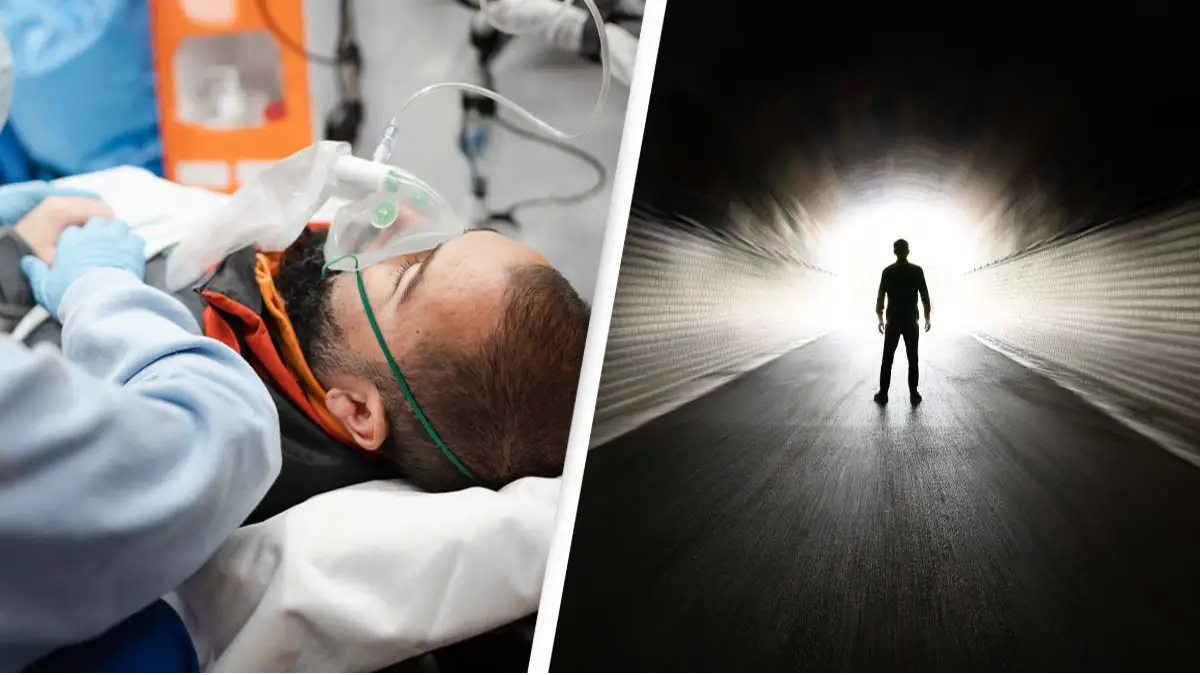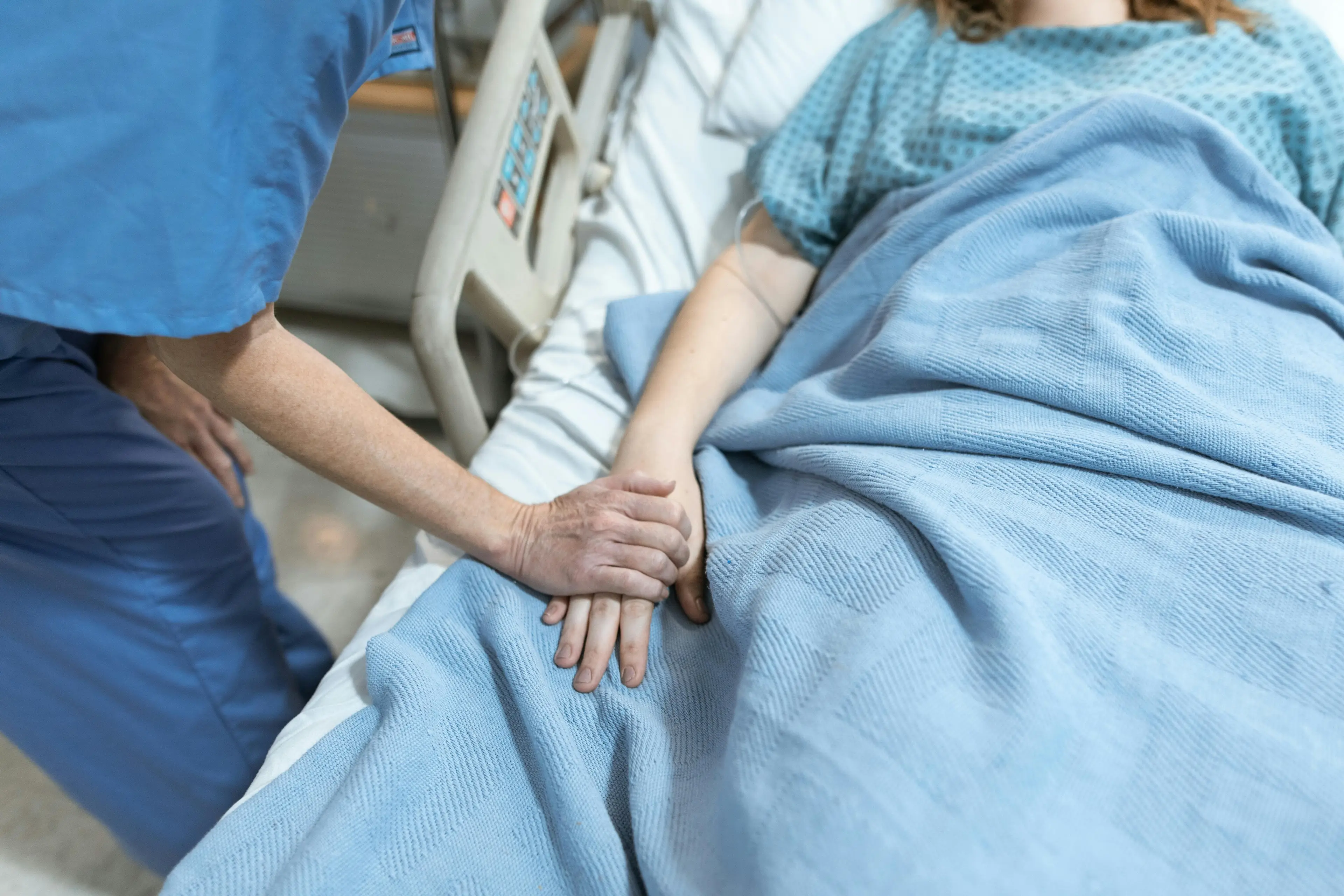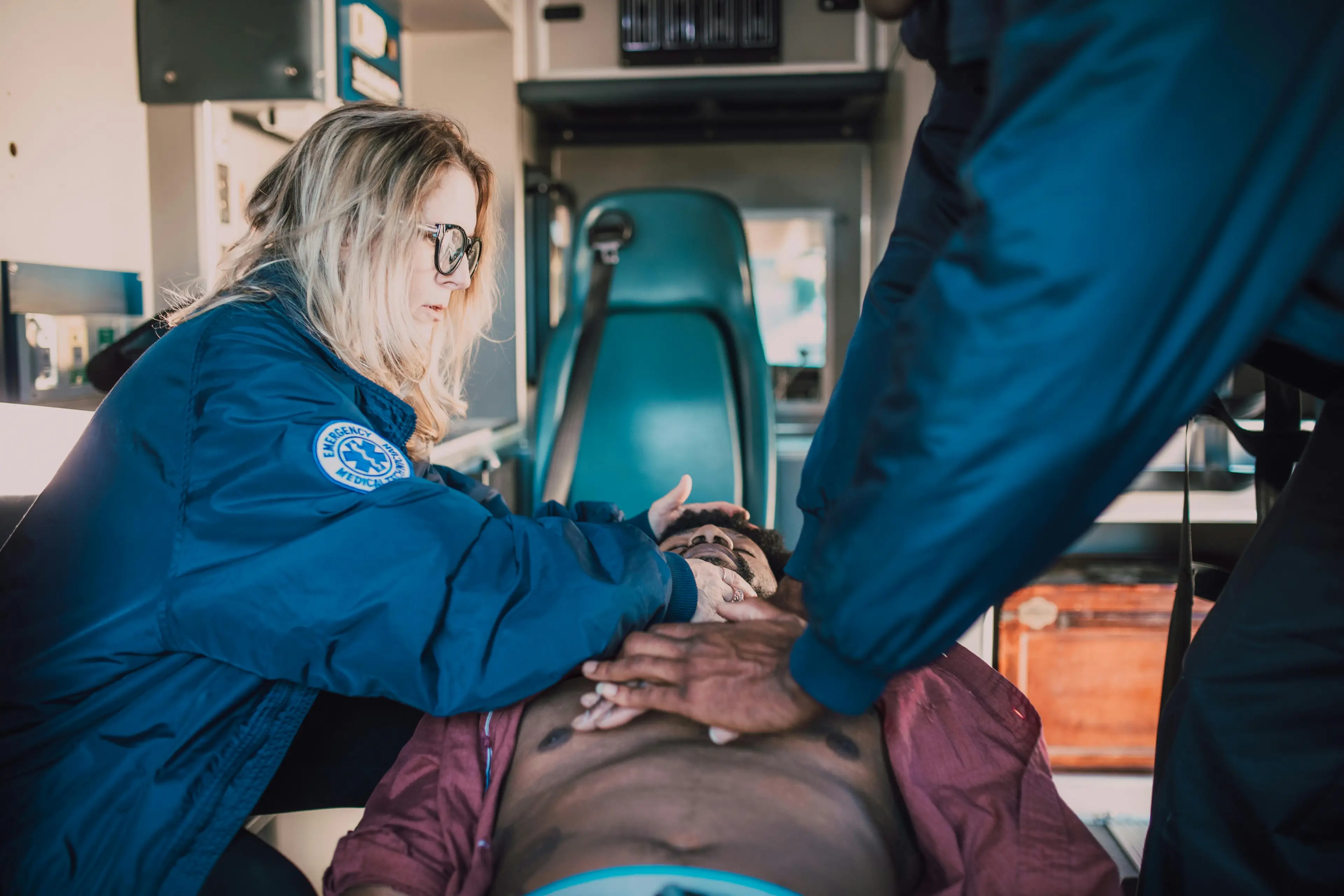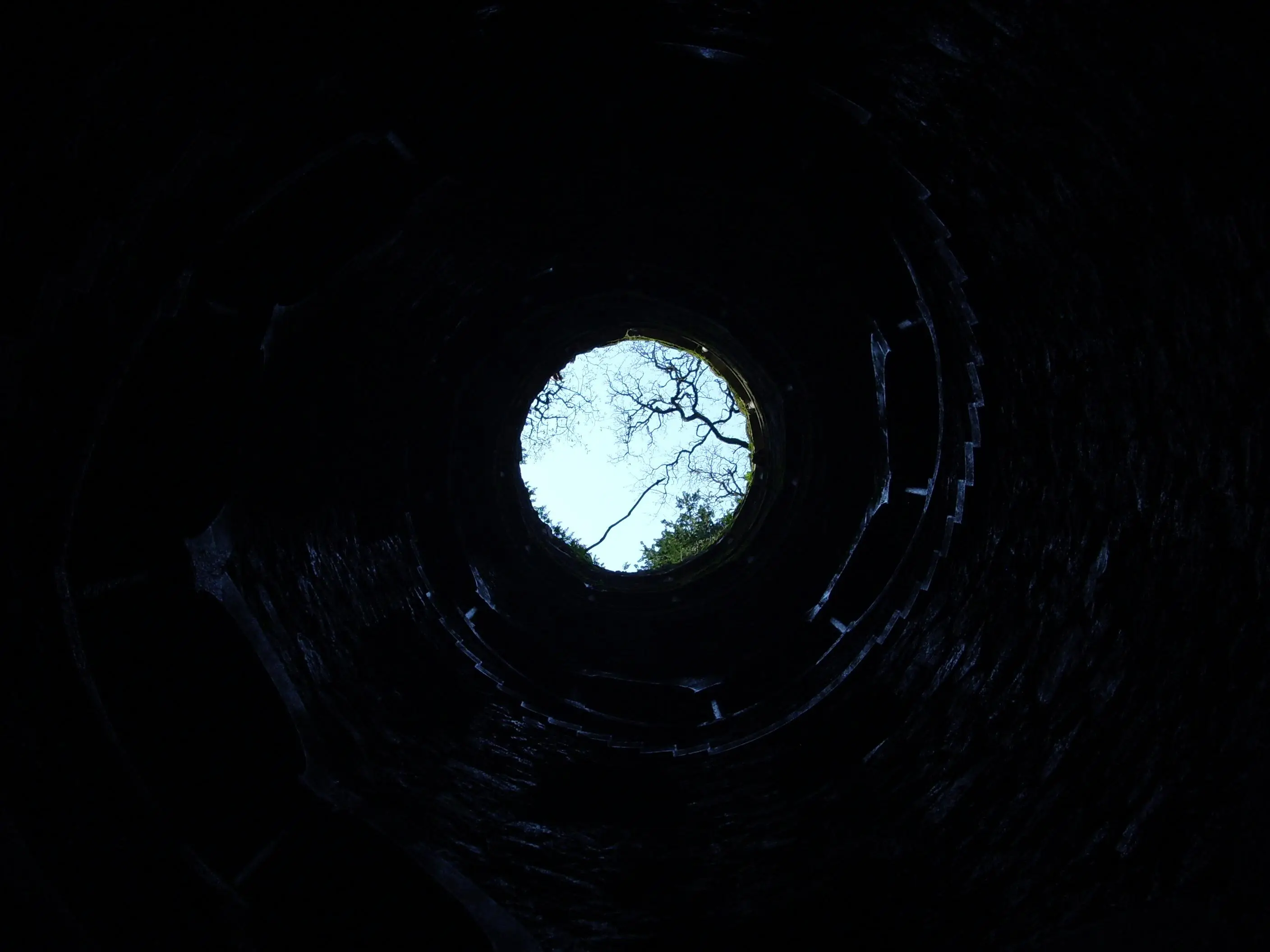People have spoken out about their near-death experiences and what they saw in a study.
A study led by a team from NYU Grossman School of Medicine looked into the near-death experiences of people who survived cardiac arrest and what they saw during their lucid moments when they seemed unconscious.
The study worked with 25 hospitals and found that of the four in 10 patients of the 567 studied who survived Cardiopulmonary resuscitation (CPR) and recovered sufficiently, about 40 percent's brain activity went from being at a 'flatline' state during CPR to normal - even after an hour of undergoing the emergency procedure.
Within the patients reported having 'memories/ perceptions suggestive of consciousness' during their cardiac arrest, four different categories of experiences were noted. The first, the consciousness experienced during CPR, the second the 'resuscitation period,' the third, 'dream-like experiences' and the fourth, a 'transcendent experience of death'.
Critical care physician and lead author on the study Dr Sam Parnia explains: "Although doctors have long thought that the brain suffers permanent damage about 10 minutes after the heart stops supplying it with oxygen, our work found that the brain can show signs of electrical recovery long into ongoing CPR.
"This is the first large study to show that these recollections and brain wave changes may be signs of universal, shared elements of so-called near-death experiences."
And some of the patients opened up about just what they saw.
Pexels/ RDNE Stock project Some patients recall specific dreams, such as one saying they 'remember being in a vast field with grey tents spread everywhere'.
"There were faceless figures. I remember walking away through a canyon. On either side of the canyon were men in white robes with hoods hiding their faces," they continued.
"The last thing I remember was all of them pointing to me. Then the world was swallowed by gray."
Another remembered: "I heard my name over and over again. All around me were things like demons and monsters. It felt like they were trying to tear off my body parts. At the upper right corner of wherever I was at, I could see someone.
"There was no face, but it was a male figure. He screamed my name and grabbed my hand before it was too late. I reached out and felt someone pulling me in their direction. I heard, 'Is she breathing? Is she breathing?'"
Pexels/ RDNE Stock project Other patients were aware of the medical treatment they were receiving despite not actually being awake.
A patient said: "I could feel someone doing something on my chest. I couldn’t feel the actual compressions, but I could feel someone rubbing quite."
"I heard my partner saying [patient’s name] and my son saying 'mom,'" a second said.
And others remembered loved ones, with one noting they 'thought [they] heard [their] grandma [who'd passed away] saying, 'You need to go back.'
Various others felt disconnected from their own bodies and even as if they were looking down at themselves, with one patient reporting they 'could see what was going on [...] stood next to the bed'.
Another said: "I was no longer in my body. I floated without weight or physicality. I was above my body and directly below the ceiling of the intensive therapy room. I observed the scene that was taking place below me."
And others experienced the classic 'see the light' or 'tunnel' moment that's often depicted in books or films.
A patient said: "I went directly to a place of light. It was calm and immediate."
A final added: "I remember entering a ... tunnel. The feelings I experienced ... were much more intense than [usual]. The first feeling was a feeling of intense peace. It was so calm and serene with an incredible amount of tranquility. All of my ... worries, thoughts, fears, and opinions were gone. The intensity of the tranquility was so incredible and overwhelming that there was no fear in what I was experiencing. I had no fear about where I was going and what to expect when I arrived there. Then I felt warmth ... Then there was the desire to be home."
Given the success of the study, the team resolved 'further empirical investigation without prejudice' was now warranted.
The study - titled AWAreness during REsuscitation - II: A multi-center study of consciousness and awareness in cardiac arrest - was published in the journal Resuscitation in July, 2023.

 Poppy Bilderbeck
Poppy Bilderbeck

